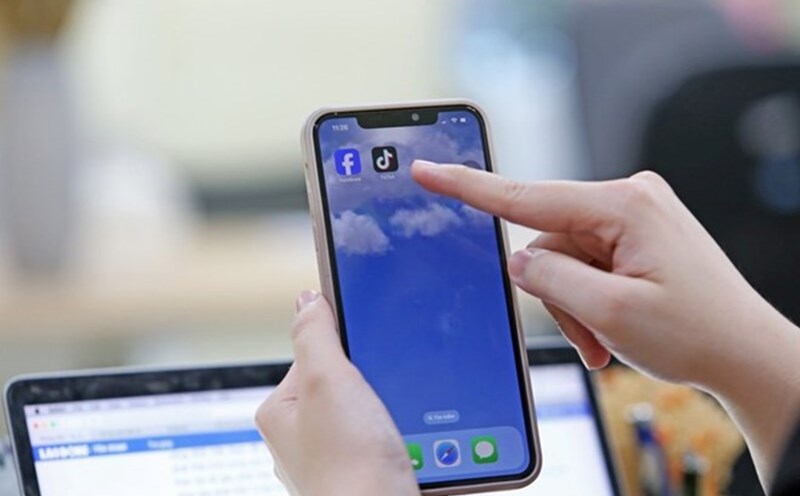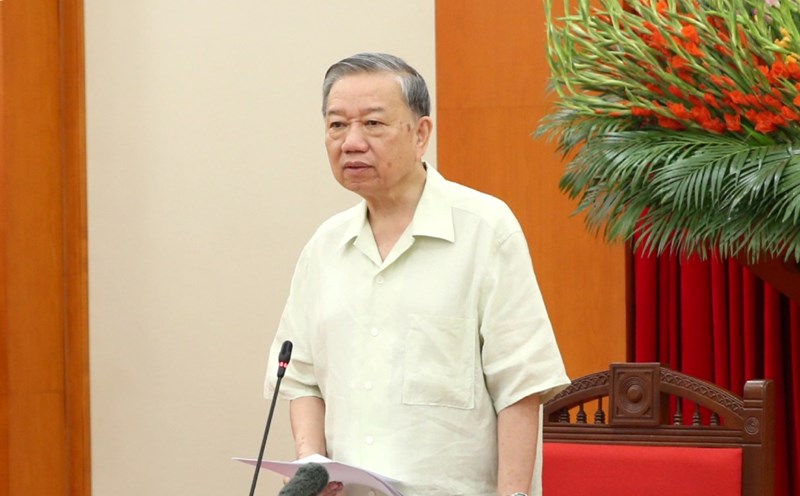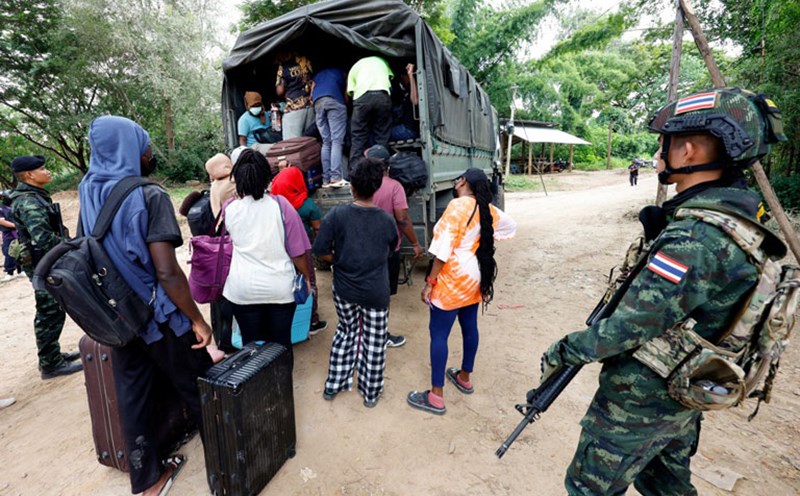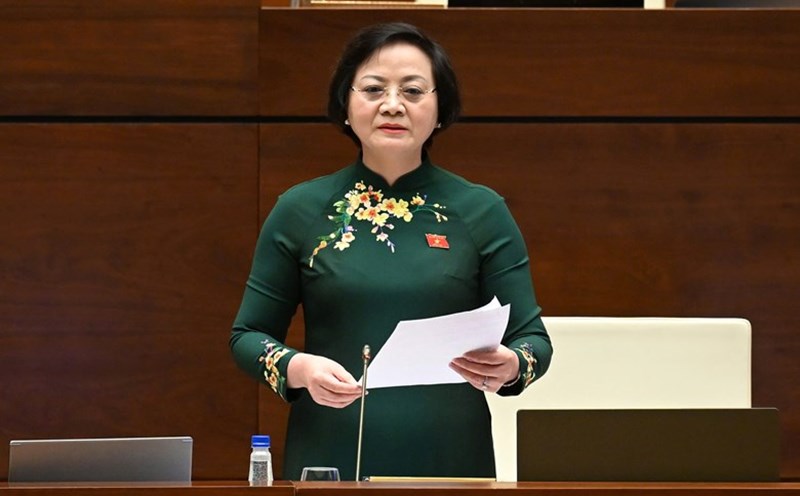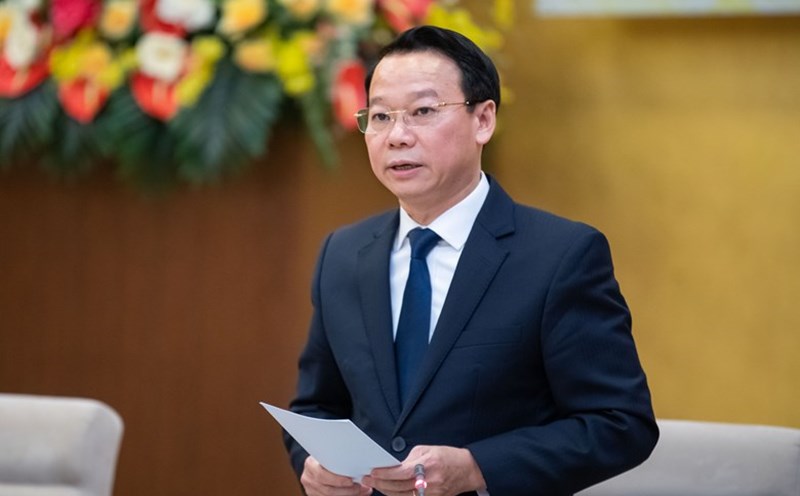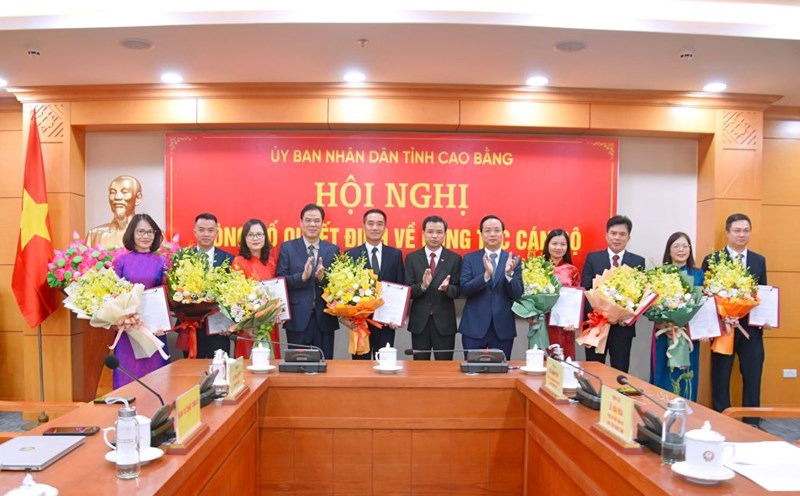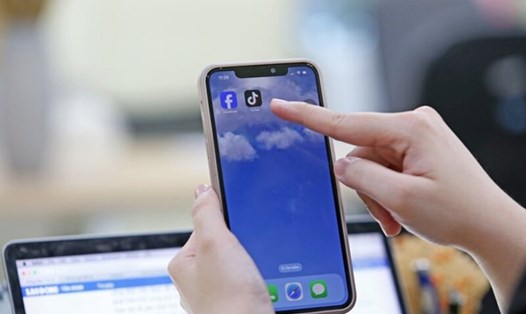In the context of the strong development of digital technology, cyberspace has become an essential part of social life, contributing to connecting the community, spreading knowledge and promoting creativity.
However, this environment also has many potential challenges such as the increase of bad and toxic information, inappropriate statements, uncultured behavior, privacy violations or cyber violence...
To Ngoc, a long-time user with accounts on social networks such as Facebook, TikTok, Threads, shared that he often encounters spam comments, fake accounts and fake news appearing everywhere on platforms.
There are posts that in just a few minutes have hundreds of meaningless comments or disguised advertisements. Many fake accounts also take advantage of topics of interest to spread false information, causing confusion for readers, he said.
According to Mr. Ngoc, the current online environment is "polluting" due to too many unconscious behaviors. Many people are willing to use insulting, fabricated words, attacking others without thinking about the consequences. Without clear rules to orient and tie responsibility, social networks will find it difficult to stay healthy, Mr. Ngoc emphasized.
Faced with this situation, the Ministry of Culture, Sports and Tourism has drafted a Code of Cultural Conduct in cyberspace, and sent it to relevant ministries, branches and units for comments. The second draft consists of 3 chapters and 11 chapters, aiming to orient civilized behavior, build a healthy cyberspace and enhance the responsibility of individuals, especially those with influence (KOL, KOC) and businesses providing platforms and services.
Speaking at the workshop to collect opinions on the Draft Code of Cultural Behavior in cyberspace on October 22, Deputy Head of the Central Propaganda and Mass Mobilization Commission Tran Thanh Lam affirmed that the promulgation of the Code is necessary and timely, in line with the major policies and orientations of the Party and State such as Resolution No. 57-NQ/TW on the development of science, technology, innovation and national digital transformation; Resolution No. 33-NQ/TW on building and developing Vietnamese culture and people.
Mr. Lam said that the Code needs to be completed in a close, easy-to-understand, and easy-to-implement manner so that people can easily access and apply it.
Representative of the Department of Performing Arts, People's Artist Xuan Bac said that building a Code is "correct, correct and necessary" in the context of strong social network development. He proposed encouraging users to register for accounts with real names and real information to limit fake accounts from spreading false information and insulting others.
According to him, a healthy cyberspace can only take shape when each individual is aware of their responsibility in their words and actions. At the same time, the dissemination of the Code after its promulgation will be a key factor for this document to come into life.
The representative of the Ministry of Public Security stated that the Code will contribute to supporting the work of preventing, combating and handling violations, thereby forming a safe and civilized online environment. Notably, this is the first time that a group of subjects such as KOL, KOC, multimedia media enterprises or multi-channel network companies (MCN) has been mentioned in a legal document, demonstrating efforts to mobilize social forces to join hands to spread positive values.
Technology companies and social media platforms such as Meta, TikTok, Yeah1, Metub all expressed high consensus with the draft.
Permanent Deputy Minister of Culture, Sports and Tourism Le Hai Binh emphasized that when the Code is issued, ministries, branches, agencies, units and individuals need to join hands to ensure that the Code is spread in life and has a long-term impact.


